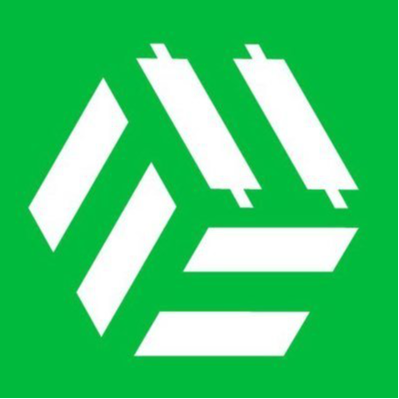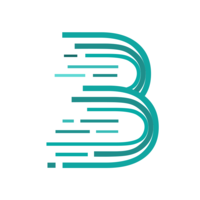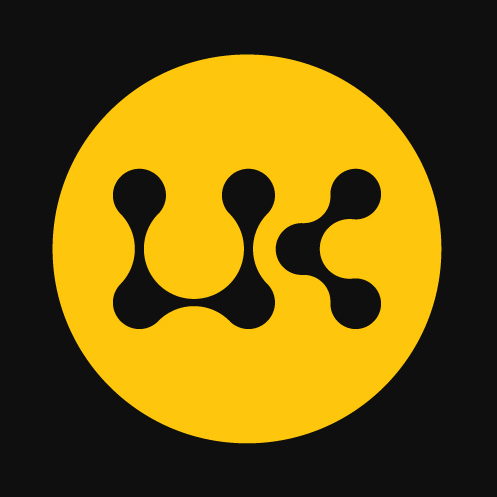
HOT
项目开始时间

2018年4月29日
关于
Background IntroductionHolochain is an open-source framework for building decentralized applications (dApps) that aims to provide a scalable and agent-centric alternative to blockchain technology. Founded in 2018, it emphasizes data integrity and peer-to-peer interactions without relying on global consensus mechanisms.Core Website ContentThe website showcases Holochain's vision of a decentralized internet, featuring developer resources, use cases, and community initiatives. Key sections include technical documentation, ecosystem projects (like Holo hosting), and a blog with updates. The design emphasizes human-centric computing and scalability.Technical FeaturesHolochain uses distributed hash tables (DHT) and cryptographic signatures for data validation. Unlike blockchains, it employs agent-centric architecture where each user maintains their own chain. Features include: 1) No global consensus (reducing energy use) 2) Offline capability 3) Custom validation rules per application 4) Scalability through sharding.Token EconomicsThe HOT token (now HoloFuel) facilitates resource sharing in the network. It's a mutual-credit cryptocurrency where users earn tokens by providing hosting capacity and spend them to use dApps. The supply is dynamic, adjusting based on network demand, with no hard cap - distinguishing it from fixed-supply cryptocurrencies.Competitor ComparisonCompared to Ethereum (global consensus/smart contracts) Holochain offers better scalability but less interoperability. Versus IPFS (file storage), it adds application logic. Unlike Hashgraph (DAG-based), it doesn't require voting for consensus. Key differentiator: Holochain enables truly peer-to-peer apps without platform dependence.Risks and Challenges1) Adoption barrier competing with established blockchains 2) Complexity in explaining agent-centric model 3) Limited current dApp ecosystem 4) Regulatory uncertainty around dynamic-currency models 5) Potential security challenges in peer validation systems 6) Competition from other next-gen protocols like Polkadot.Industry FutureHolochain positions itself for Web3 evolution where: 1) Data sovereignty becomes paramount 2) Energy-efficient alternatives gain traction 3) Niche applications need custom rulesets. Its success depends on developer adoption and proving scalability advantages over layer-2 blockchain solutions.ConclusionHolochain presents an innovative approach to decentralization that addresses blockchain's scalability and energy issues. While facing significant adoption challenges, its agent-centric model offers unique advantages for specific use cases. The project's long-term viability will depend on ecosystem growth and its ability to demonstrate real-world superiority over competing architectures. 更多>


























































 看多
看多
 看空
看空